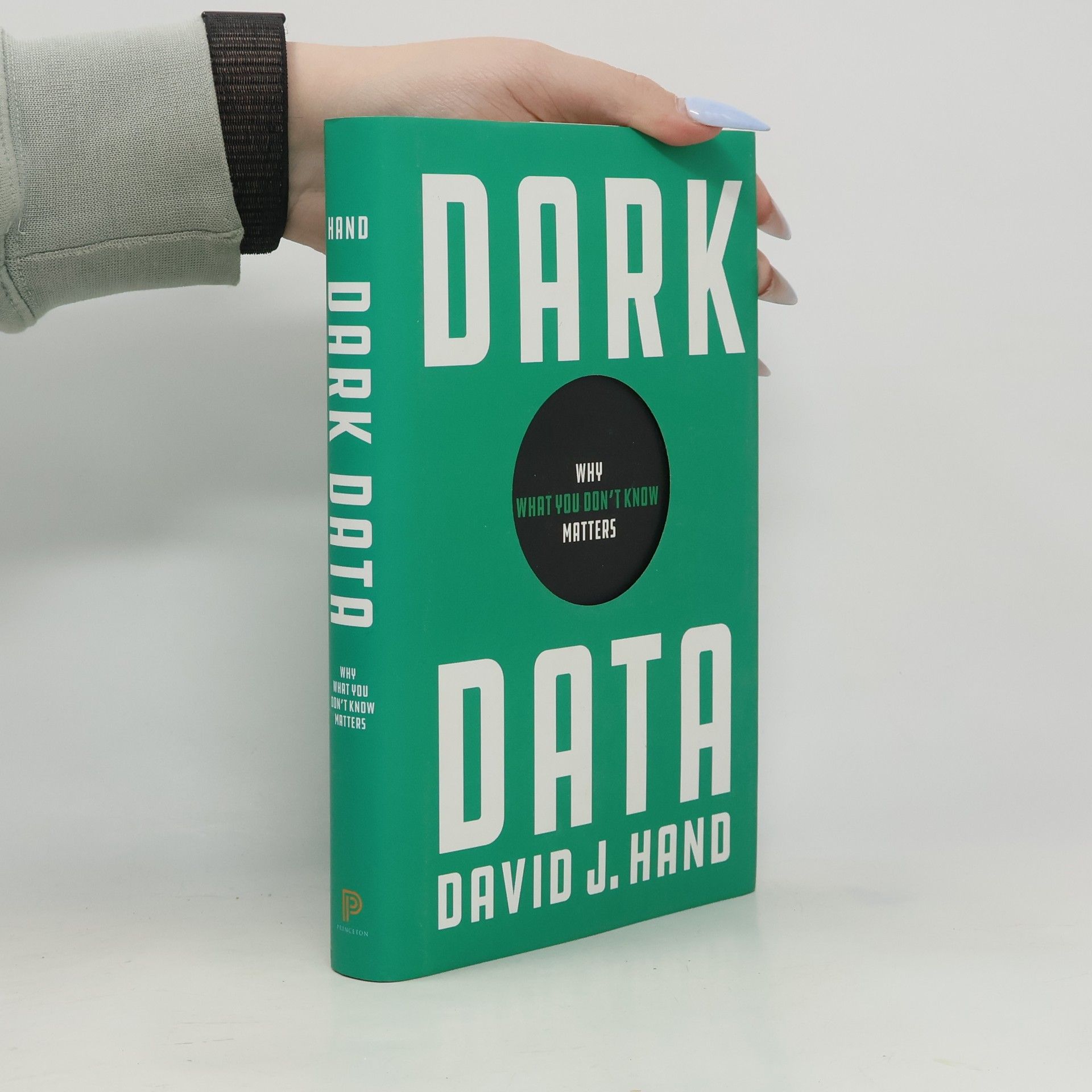Temná data : proč záleží na tom, co nevíme
- 272 stránok
- 10 hodin čítania
V éře velkých dat je snadné podlehnout dojmu, že máme všechny informace, které k správnému rozhodování potřebujeme. Ve skutečnosti však nejsou data, která máme, nikdy úplná. Stejně jako většina vesmíru sestává z temné hmoty, neviditelné a přesto přítomné, je vesmír informací plný temných dat, která k vlastní škodě přehlížíme. Kniha zkoumá množství způsobů, kterými nás mohou chybějící data zaslepit vůči skutečnosti a vést nás k závěrům a skutkům, jež jsou pomýlené, nebezpečné, ba dokonce katastrofální. Učí nás nejen jak se mít na pozoru před problémy, které představuje to, co nevíme, ale také jak využít temných dat k vlastní výhodě tím, že budeme lépe chápat to, o čem se rozhodujeme. Dnes se na základě dat rozhodujeme všichni. David Hand nám ukazuje, jak se pokud možno nerozhodovat špatně.




